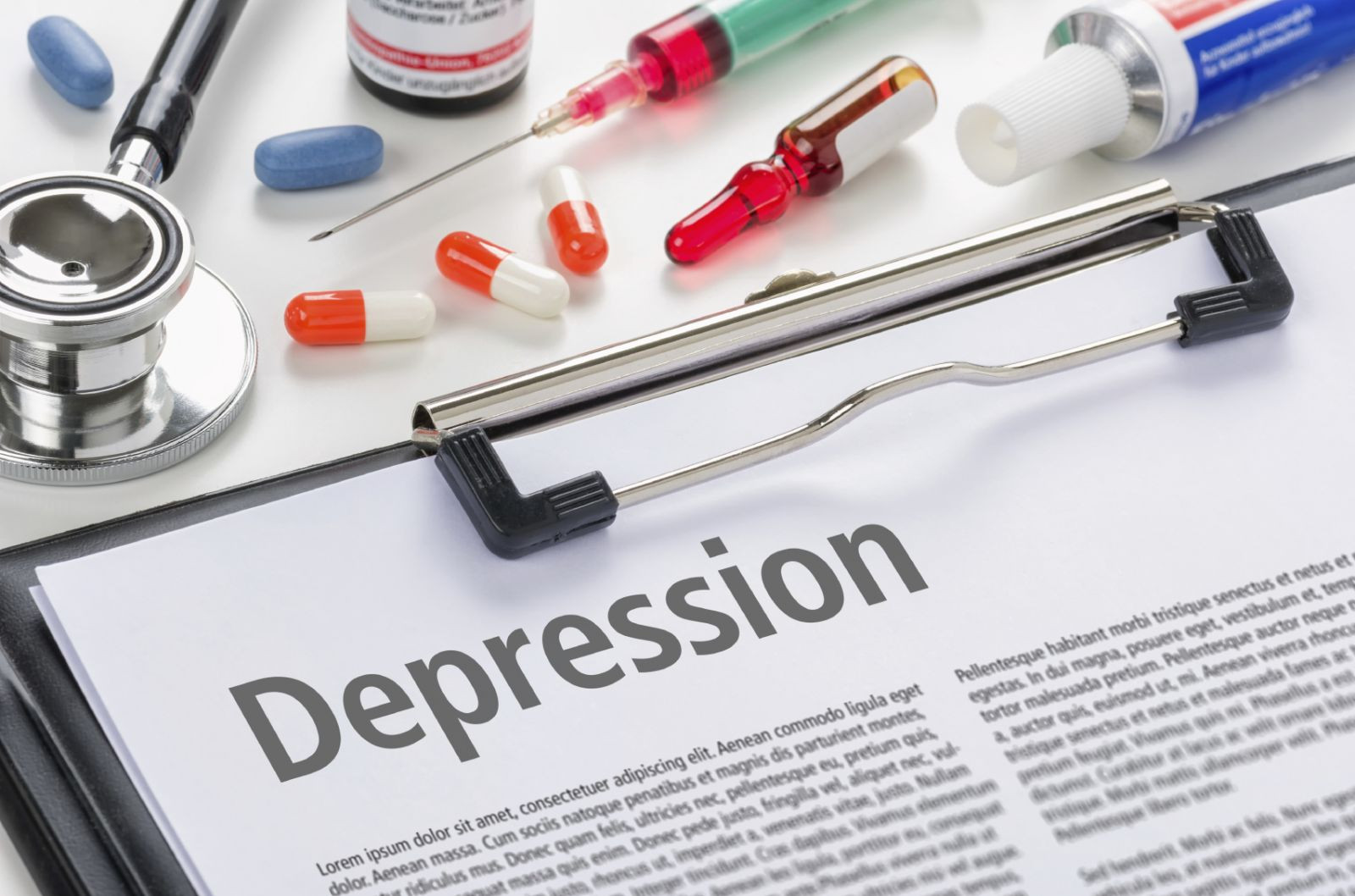

Depression is a prevalent mental health disorder that affects millions of people worldwide. Recognizing its symptoms and seeking appropriate care are key steps toward recovery.

What is depression?
Depression is not just temporary sadness, but a persistent condition that affects mood, thinking, and daily functioning. It can disrupt sleep, appetite, energy levels, and overall well-being, so it requires professional care to improve.
Common symptoms
Symptoms of depression vary, but they often include prolonged sadness, loss of interest in hobbies, fatigue, sleep disturbances, and difficulty concentrating. Physical symptoms may also occur, such as unexplained body pain. Identifying these symptoms early can help with timely intervention.
Different forms of depression
Depression can take many forms, including major depressive disorder, persistent depressive disorder, bipolar disorder, and seasonal affective disorder. Each type has unique characteristics and requires a targeted approach to effectively manage.
Available treatments
Effective treatments often include psychotherapy, medication, or a combination of both. Cognitive behavioral therapy helps reframe negative thoughts, while antidepressant medications regulate brain chemistry. Many local clinics and specialists offer these services, ensuring that patients have easy access to care.
Locating Nearby Support
Online directories and healthcare providers can help locate mental health professionals near you. Referrals from trusted sources can also help patients find the right therapist or clinic.
The Role of Support Networks
A strong support system—whether it’s family, friends, or peers—plays a vital role in the recovery process. Sharing experiences with others facing similar challenges can reduce loneliness and promote emotional healing.
Complementary Therapies
Some people can benefit from alternative approaches such as meditation, yoga, or dietary modifications. While these approaches don’t replace medication, they can improve overall well-being when used in conjunction with professional guidance.
Conclusion
Depression is a condition that can be managed with the right support and treatment. Identifying symptoms early, exploring available treatment options, and building a supportive network can significantly improve quality of life. Asking for help is an important step in recovery.
